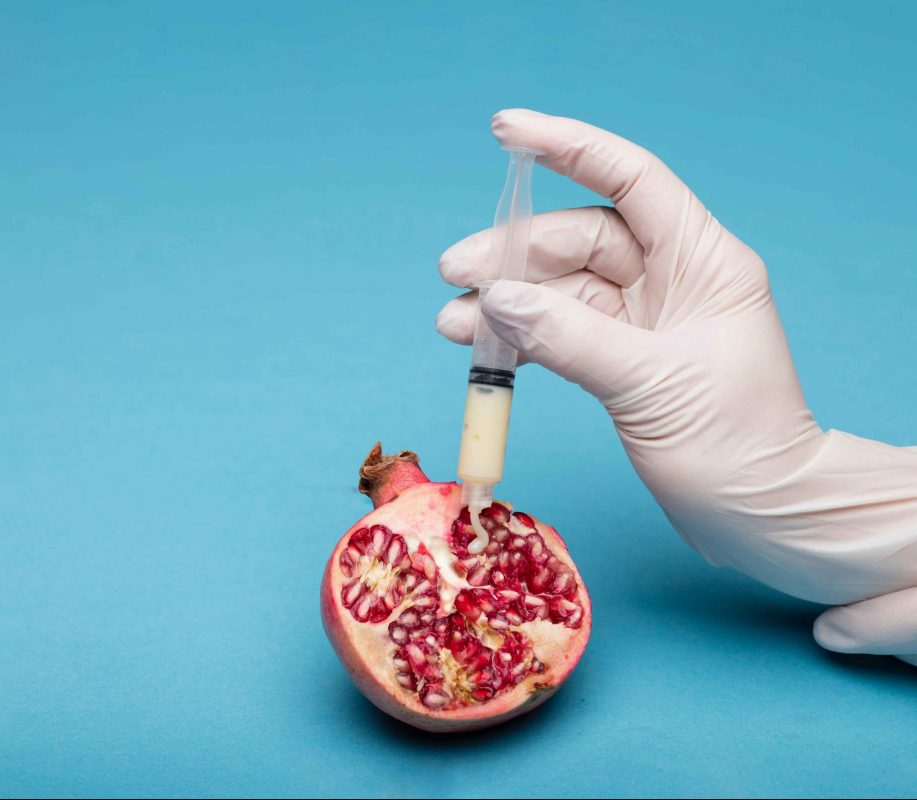Understanding How PCOS Affects Fertility
The World Health Organization estimates that Polycystic Ovary Syndrome (PCOS) — a prevalent hormonal condition affecting women of reproductive age — affects one in ten people globally. Polycystic ovaries, irregular menstrual cycles, and high levels of androgen (male hormone) are the main indicators. The American Society for Reproductive Medicine estimates that 70% of PCOS-affected women experience reproductive problems. Many PCOS sufferers assert that because of irregular or absent ovulation, these traits may make it challenging to get pregnant.
The Direct Impact of Polycystic Ovary Syndrome on Body Parts and TCM’s Targeted Approach
Polycystic Ovary Syndrome (PCOS) or Polycystic Ovarian Syndrome is a systemic condition that doesn’t merely affect the ovaries but has implications for various body parts. Here’s a breakdown of the areas impacted by PCOS and how TCM can target them:
- Ovaries: As the name suggests, PCOS primarily affects the ovaries. It leads to the formation of many small follicles that fail to mature and release eggs regularly, disrupting ovulation and thus fertility.
- TCM Approach: Acupressure in particular can increase gonadotropin-releasing hormone (GnRH), which in turn increases follicle-stimulating hormone (FSH) and luteinizing hormone (LH) production. The ovaries create an egg as a result of these hormones, which promote ovulation.
- Endometrium (uterine lining): PCOS can cause the endometrium to overgrow, which can result in heavy or protracted periods.
- TCM Approach: By regulating hormone levels and encouraging normal shedding of the uterine lining, several TCM medicines can help regulate menstrual cycles and lessen severe bleeding.
- Adrenal Glands: PCOS may cause the adrenal glands to produce too many androgens (male hormones), which can lead to symptoms including acne, excessive hair growth, and weight gain.
- TCM Approach: According to research published in the Journal of Traditional and Complementary Medicine, TCM medicines, including licorice and peony, have been demonstrated to lower levels of androgen. Additionally, acupuncture can help control adrenal function and lessen high testosterone levels.
- Pancreas: Insulin resistance is a common symptom of PCOS in women, which prompts the pancreas to produce more insulin, which can lead to weight gain and aggravate PCOS symptoms.
- TCM Approach: According to a study published in the Chinese Journal of Integrative Medicine, TCM medicines, including berberine and cinnamon, have been proven to promote insulin sensitivity, aiding in the control of blood sugar levels and weight management.
- Liver: Women with PCOS frequently have greater levels of LDL cholesterol and lower levels of HDL cholesterol, which increases their risk of developing fatty liver disease and cardiovascular problems.
- TCM Approach: Acupuncture has been found to improve lipid metabolism and reduce LDL cholesterol levels, according to a study in the Journal of Acupuncture and Meridian Studies.
TCM’s Approach to Managing Symptoms of PCOS and Fostering Fertility
Though PCOS may pose challenges to natural conception, it is not insurmountable. Various treatment options can improve fertility in women with PCOS, including lifestyle changes, medications, and assisted reproductive techniques. Lately, Traditional Chinese Medicine (TCM) has gained global attention for its potential benefits in managing PCOS and improving fertility.
TCM’s focus is on restoring balance and promoting the body’s self-healing abilities. For PCOS, TCM aims to rebalance hormone levels, promote regular ovulation, and improve overall reproductive health. Acupuncture and herbal medicines are the primary therapeutic methods utilized in TCM for this purpose.
Acupuncture and Addressing Complications of PCOS Related Infertility
The neurological system is said to be affected by hormone regulation stimulated by acupuncture, which involves inserting extremely fine needles at precise body locations.
Studies published in the American Journal of Physiology-Endocrinology and Metabolism suggest that acupuncture can regulate gonadotropin-releasing hormone (GnRH), a crucial hormone involved in ovulation that can be unpredictable in PCOS patients. A meta-analysis found that acupuncture can significantly lower the levels of androgen in PCOS women, which may aid in their ability to conceive. This meta-analysis was published in the Journal of Obstetrics and Gynecology Research.
Herbal Medicines in TCM for Treating PCOS
Herbal medicines used in TCM have been found to effectively manage PCOS symptoms. In a rat model of PCOS with polycystic ovaries, the size and quantity of cysts were decreased by a combination of Chinese herbs, according to research published in the Journal of Alternative and Complementary Medicine. These herbs primarily function by treating the hormonal imbalance associated with PCOS, notably insulin resistance. By enhancing insulin sensitivity, they may also assist in lowering androgen levels, promoting regular ovulation, and enhancing reproductive prospects.
Experience the Long-Term Health Benefits of TCM Treatment for PCOS and Other Health Problems
PCOS poses significant challenges to fertility, but it does not signal the end. An integrated approach encompassing lifestyle changes, conventional medicine, and the insightful application of TCM can significantly improve fertility in women with PCOS.
At Highlander Wellness, we provide comprehensive, compassionate care for women facing fertility challenges, including those related to PCOS. Our multidisciplinary approach combines cutting-edge technology with TCM’s wisdom, ensuring the best possible outcomes for our patients. Contact us today to discuss your fertility concerns and learn more about how TCM can complement your fertility journey.

